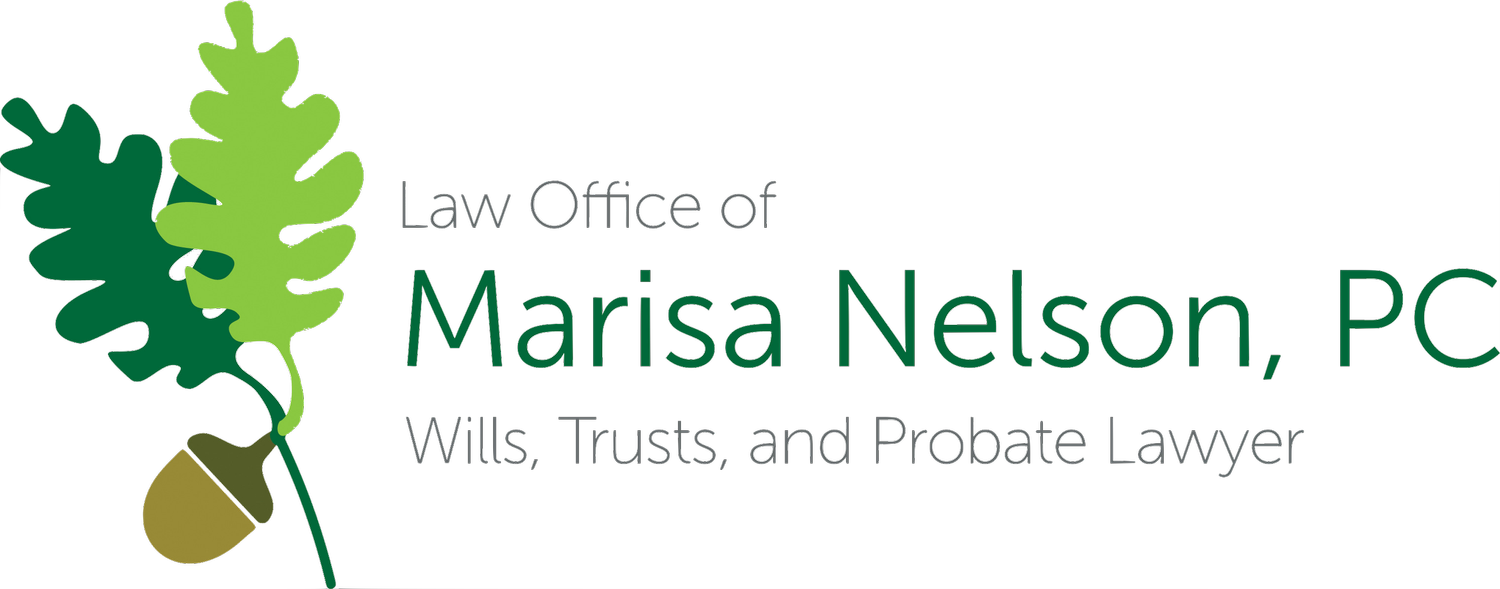Why Does Your Child or Parent Need an Advance Health Care Directive?
Can you believe it’s autumn already? While many people are in back-to-school mode and we start to look ahead to holiday plans with friends and family, there is an important item that is often overlooked: Advance Health Care Directives (AHCDs) for everyone 18 and older. Everyone should have one, but AHCDs are especially important for college students heading off to college and any loved one who doesn’t live locally.
Age 18 and Older
Once a child turns 18, parents no longer have access to the child’s medical records. In fact, doctors cannot discuss confidential health information for patients 18 and over with anyone other than the patient. In California, nobody is automatically authorized to discuss your confidential medical records with your doctor if you’re injured or sick – not your spouse, not your parents, not your adult children. If there were an accident near your child’s college, or your elderly parents’ residence, it’s unlikely the hospital would be able to tell you anything about your loved one’s condition, or even whether they were admitted.
Choose an Advocate
A frightening thought, to be sure. But an Advance Health Care Directive is an easy solution. An AHCD allows any adult to designate an agent – someone to speak with their doctor on their behalf if necessary. It allows your doctor to discuss your condition with the person(s) you choose, including letting your loved ones know what’s going on. If there is a treatment decision that needs to be made and you’re unconscious or incapacitated, your agent can make the decision for you and advocate for you.
Provide Guidance
An AHCD also enables you to provide guidance to your loved ones – what types of healthcare you want or don’t want, and how to best care for you when you’re sick or injured. Providing this guidance not only helps ensure that you’ll get better care, it reduces stress on your loved ones who want to give you the best care possible and may be overwhelmed by the situation and the options. Creating an AHCD is a gift both to yourself and your loved ones who want the best for you.
Choosing an Agent
I recommend choosing two to three people as your health care agent and backup agents (consecutively, not at the same time), in case your first choice is unavailable for any reason. It’s best to discuss your wishes with your agents ahead of time, so that they understand what you want. Putting this information in an AHCD is what gives your agent the legal authority to act for you; just knowing what you would want is not enough. But the conversation is a very important part of the process.
The most important thing is to choose someone who will act in your best interest; someone whom you trust. If possibly it’s also beneficial to choose someone who is local or able to travel quickly to where you are; capable of discussing complicated medical terminology with your doctor; standing up for you and advocating if you’re not getting the care you need or the care you would want; and someone you’re comfortable with – healthcare can be very personal.
Options: Attorney or DIY?
There are advantages to working with an experienced estate planning attorney to create your AHCD and guide you through the options. However, there are other options available, many of which are free, and it is important to have something in place. While I do not recommend DIY legal documents in many instances because of the problems they often cause, AHCDs are an exception. Many health care providers offer a free form to their patients. Kaiser has recently updated theirs, and it’s greatly improved – it includes questions about a variety of situations, designed to help you think about what you would want in a situation you haven’t experienced before, and uses plain English. The Palo Alto Medical Foundation also offers a free form, and other organizations such as the California Medical Association offer a form for a small fee. The advantage to using a form provided by your health care provider is that they are used to seeing their own form and should be comfortable with the format. Drawbacks include lack of guidance on what to include, what to think about, and how to ensure the form is effective and legally binding. If you do choose to go with a DIY AHCD, be sure to read the instructions very carefully, think and talk through your answers, and be sure to have it properly notarized or witnessed.
Choosing an Experienced Attorney
If you choose to work with an attorney to create an AHCD, be sure to choose an attorney who will discuss your options with you, explain terms, encourage you to think about a variety of circumstances, and allow you to describe a variety of preferences in the document. Many estate planning attorneys still use a very basic form which specifies very little about the care you would want, and treat the form as an afterthought. Other attorneys specialize in other areas of the law and dabble in estate planning from time to time. I believe an AHCD is one of the most important documents for you and for your loved ones, and should cover more than just who you choose as your agent and “when to pull the plug.”
So please, whichever method works best for you at this time, create an advance health care directive for you and all loved ones age 18 and over, make sure it accurately represents your wishes for the near future (not 30 years in the future or the past), and give a copy to your health care provider and your trusted loved ones.
